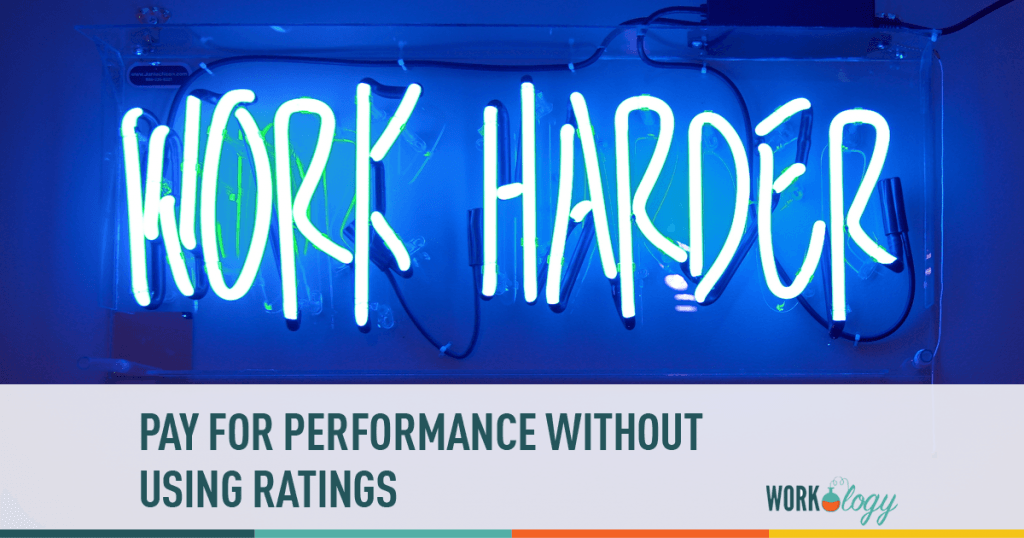A trend is emerging as businesses eliminate ratings from their performance management processes. Major companies such as Adobe Systems and Deloitte have re-engineered their performance management programs. The new-and-improved-processes retain the key components of traditional performance management that are productive, most notably holding meetings with employees to provide feedback and coaching. But summary numerical ratings of people and using forced distributions are being dropped from the re-engineered processes because those components can be perceived to be detrimental to teamwork.
Eliminating ratings creates several challenges for HR professionals. Performance ratings have long been included as a factor in compensation, promotion, development and termination decisions. If this trend gains traction, HR will be called upon to ensure employee-related decisions are delivered in a fair, equitable and legally defensible manner without using ratings.
Communication is the Biggest Challenge
This doesn’t mean that performance will no longer be a factor in compensation decisions. But how performance is factored into employee compensation will be different.
My company eliminated performance ratings last year. We’ve now completed a full year of implementing compensation decisions without the use of performance ratings. It will come as no surprise that communicating with employees is the most critical aspect of the change. Employees rejoiced about the renewed focus on employee development and no longer feeling the need to negotiate a rating with their manager during their performance review to get the largest possible salary increase. But the most often asked question about the new process was, “How is my performance going to be factored into my raise without a rating?”
Pay for Performance: What Drives Compensation Decisions?
Traditionally businesses have linked employees’ performance ratings directly to a specific annual percent salary increase. Over time, this practice has led employees to believe the rating is the biggest driver of their pay. But that has never really been the case. Many other business factors can have as much, if not more, influence on annual pay. The company’s overall results in a given year, or over time, is probably the most important contributing factor to employee compensation. Other factors might include the company’s pay philosophy and performance compared to budget, the local, national and/or industry job market or the health of the economy.
In reality, individual employee performance is one of several factors that impacts the amount of compensation distributed within a company on an annual basis. The challenge for HR is to understand what drives the level of compensation expense within their company and educate employees on how employee performance fits into the equation. And there are many ways to measure an individual’s performance without relying on performance ratings.
I predict that, freed from the many negative associations with administering disputable performance ratings, HR professionals will create much more constructive ways to deliver compensation to employees. At my company, we are focusing on company performance, industry specific job market rates of pay, the employee’s performance and mastery of job skills. We continue to use traditional delivery channels: base pay, incentive and bonus payments and recognition awards.
I look forward to seeing how other HR professionals create new and better pay practices.









